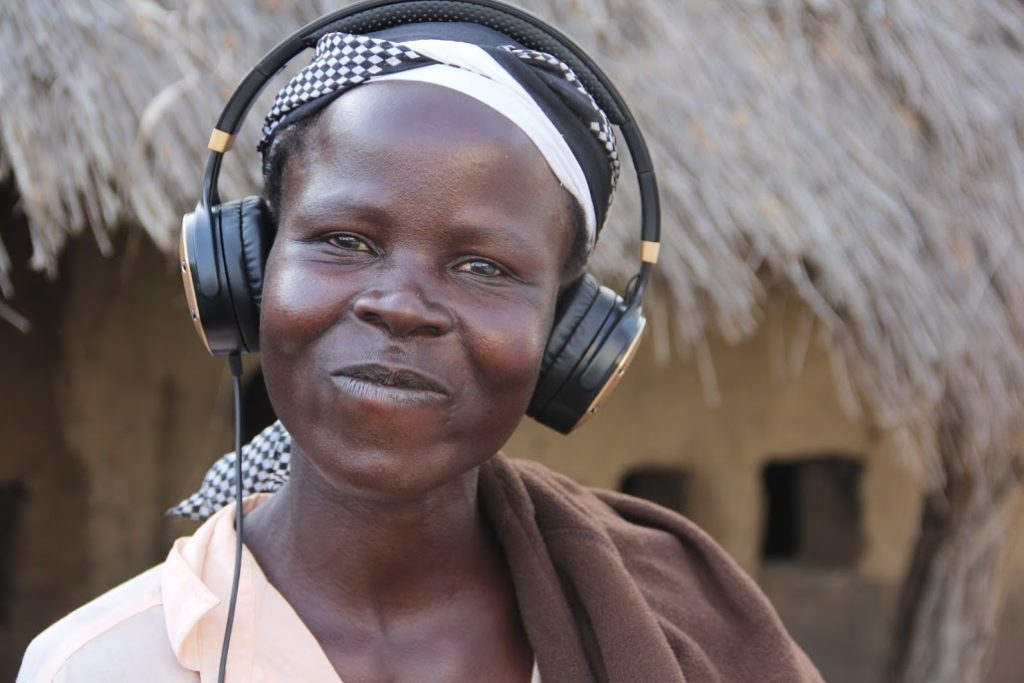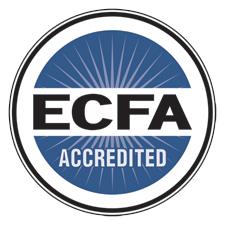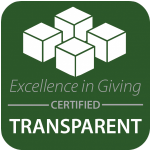Welcome to the third blog in our series, “The 12 Areas of Community Transformation.” Over the course of this year we are answering the question, “How is HopeChest different from other leading child sponsorship organizations?” Today’s blog is about the third of these 12 areas of primary community transformation.
Communications/Technology
In today’s world, we are inundated with input from various forms of media. Depending upon how it is used, information technology can be a servant or a master. Communications consist of personal communications, such as phones, and radios; and mass communications, such as television and music; and technology consists of people around the world spending many hours per week listening to some form of media. These messages that we receive have a definite impact upon our thinking and our worldview. Many of these messages align with Humanism and Materialism. But if we can use the wonderful benefits of information technology to enhance what we do in the Biblical context and worldview, it is a gift from God.
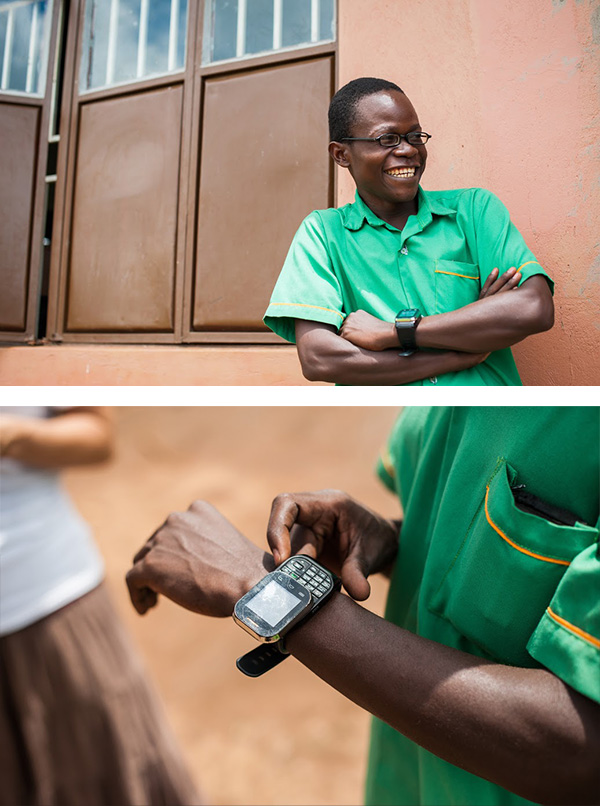
Technology is Expanding Our Mission
An example of this is HopeChest’s partnership with ForGood. ForGood provides an evaluation and reporting service for HopeChest, which we have begun to implement at our CarePoints. It helps us capture and profile information on each child, so that we can expand our reach–no longer having to take time to fill out multiple handwritten forms. The time our CarePoint staff must take to collect important data has been drastically reduced, allowing them to have more time to spend mentoring and encouraging the children they work with. This technology helps to improve communications, empowers us to make informed decisions, and pushes us to accomplish greater goals.
HopeChest is continually investigating and researching means to keep our partners aware of the daily impact they are having on children and impoverished communities. With this cutting edge technology, we are able to measure the success of our programs and get information to our sponsors and donors more quickly and accurately. The use of this technology is helping HopeChest to maintain better oversight, improved measurements and evaluation of programs and projects, and to guide us toward achieving our goals of increased self-sustainability of the CarePoints and the children we are serving. This technology also enhances our ability to connect and increase the engagement of the communities between our country locations and their North American partners. Our ability to impact communities hinges on partnering communities that are thousands of miles away. ForGood allows both partners to do life together and shrinks the distance between the communities to continue to be engaged from halfway around the world. What once was a cumbersome and a time-consuming process has now been streamlined through this innovative technology.
Accessible Internet
Another example of technology benefiting the children we serve is seen at the town of Puerto Abajo in Guatemala, where children were hitchhiking into a neighboring town to use the internet cafes for their homework, which made them vulnerable and potentially exposed to both unfiltered content on the internet and possibly being trafficked or assaulted. The Puerto Abajo CarePoint was able to bring internet access into the CarePoint, which now provides a safe environment for children to learn and work on their studies. Through the educational support, children have the ability to pursue their dreams and expand their skillset in many areas, including becoming engineers and returning to invest in their community.
Infrastructure
In terms of infrastructure, one focus is on wells and how to implement reusable energy. All of the infrastructure projects that HopeChest and local staff develop are created with this in mind that they seek to increase sustainability in a community. For example, a well with a solar-powered pump in Swaziland not only provides water for the community, but it also creates the possibility of increased nutrition and food security by allowing in-country staff to create an irrigation system in the midst of Swaziland’s drought so that people can plant and harvest their own food. Furthermore, it creates jobs for those who may otherwise be unemployed. What we are looking at is not a compartmentalized view of a community, but we are always looking to find how one intervention can provide multiple outputs and outcomes.
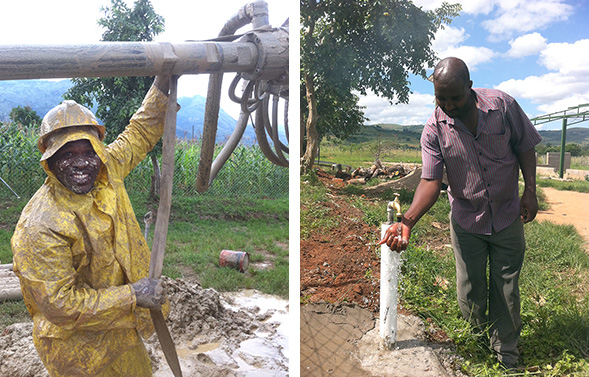
HopeChest is also invested in infrastructure projects such as the construction and use of solar panels to power reusable energy. By installing solar panels on the sides of homes in Swaziland, many who live in rural areas with limited access to electricity can now light and seasonally heat their homes. The light produced from the installed solar panels has helped them with their studies, prevented encounters with snakes that previously resulted in snake bites, prevented fires since they are no longer using candles, and has allowed them to stay connected within their community by charging their phones as well as some of their neighbors’ phones.
The implementation of today’s technology and infrastructure can be used as a tremendous blessing in the lives of individuals and communities to help both become increasingly self-sustained.
Want to get involved in helping to expand and implement ForGood technology in the countries we work with? If you have prayerfully considered donating and want to give a gift, you can do so here!
___________________________________________
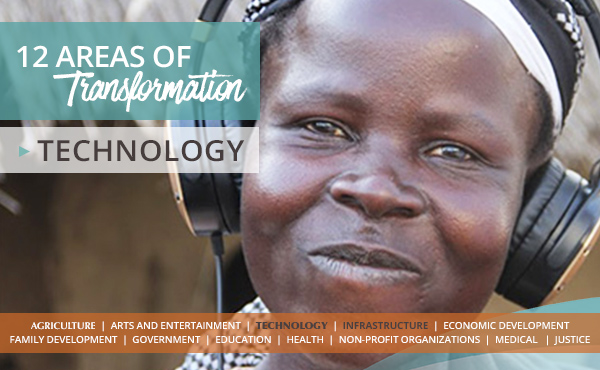
This blog is part of our new, educational series that answers the question, “How are you different from other leading child sponsorship organizations?” Over the course of the year we are going in depth about how your support impacts entire communities in 12 unique areas of transformation. If you don’t want to miss one of the blogs in our “The 12 Areas of Community Transformation” series, subscribe to our blog, HopeChest Insights, here!

